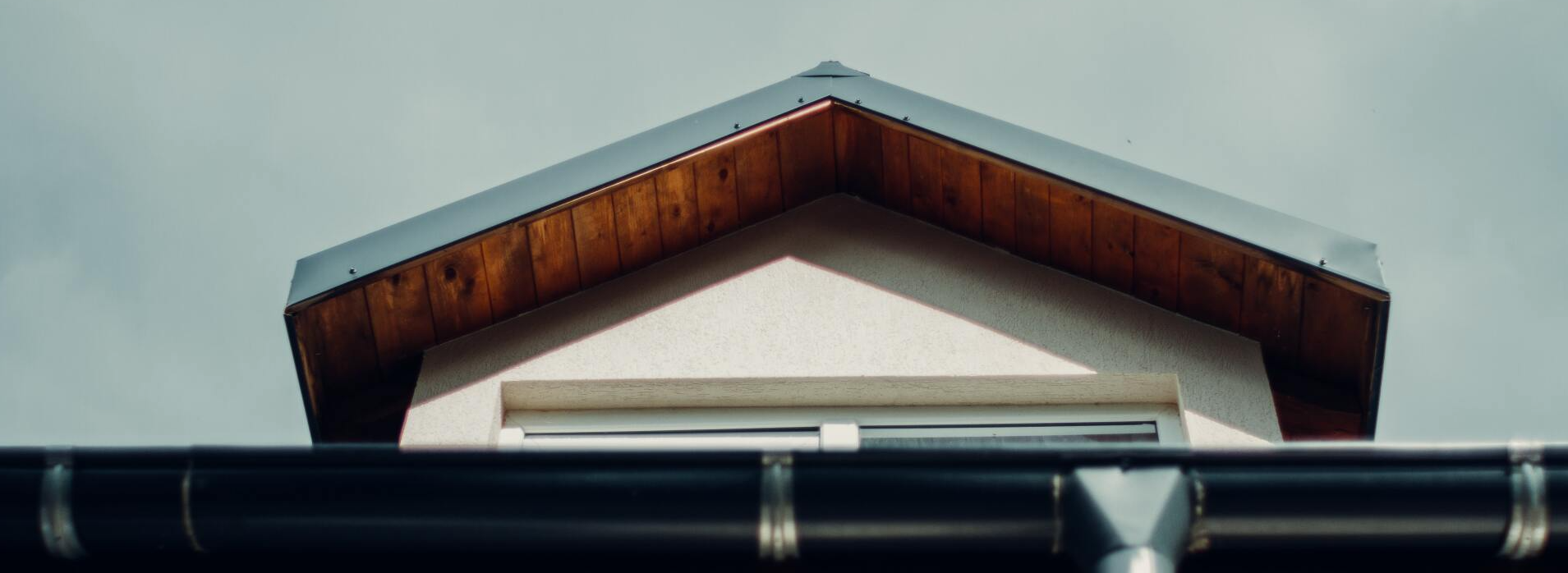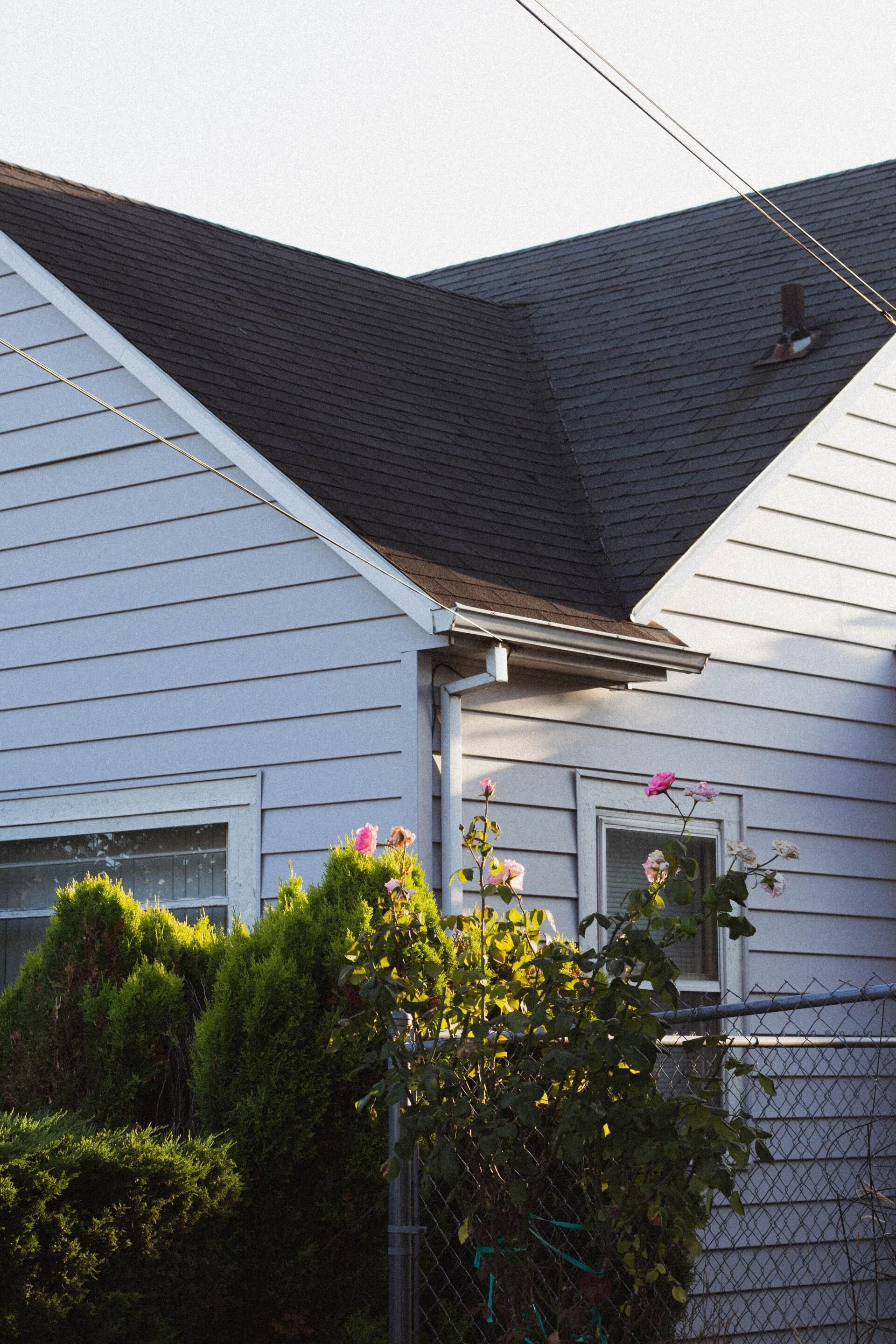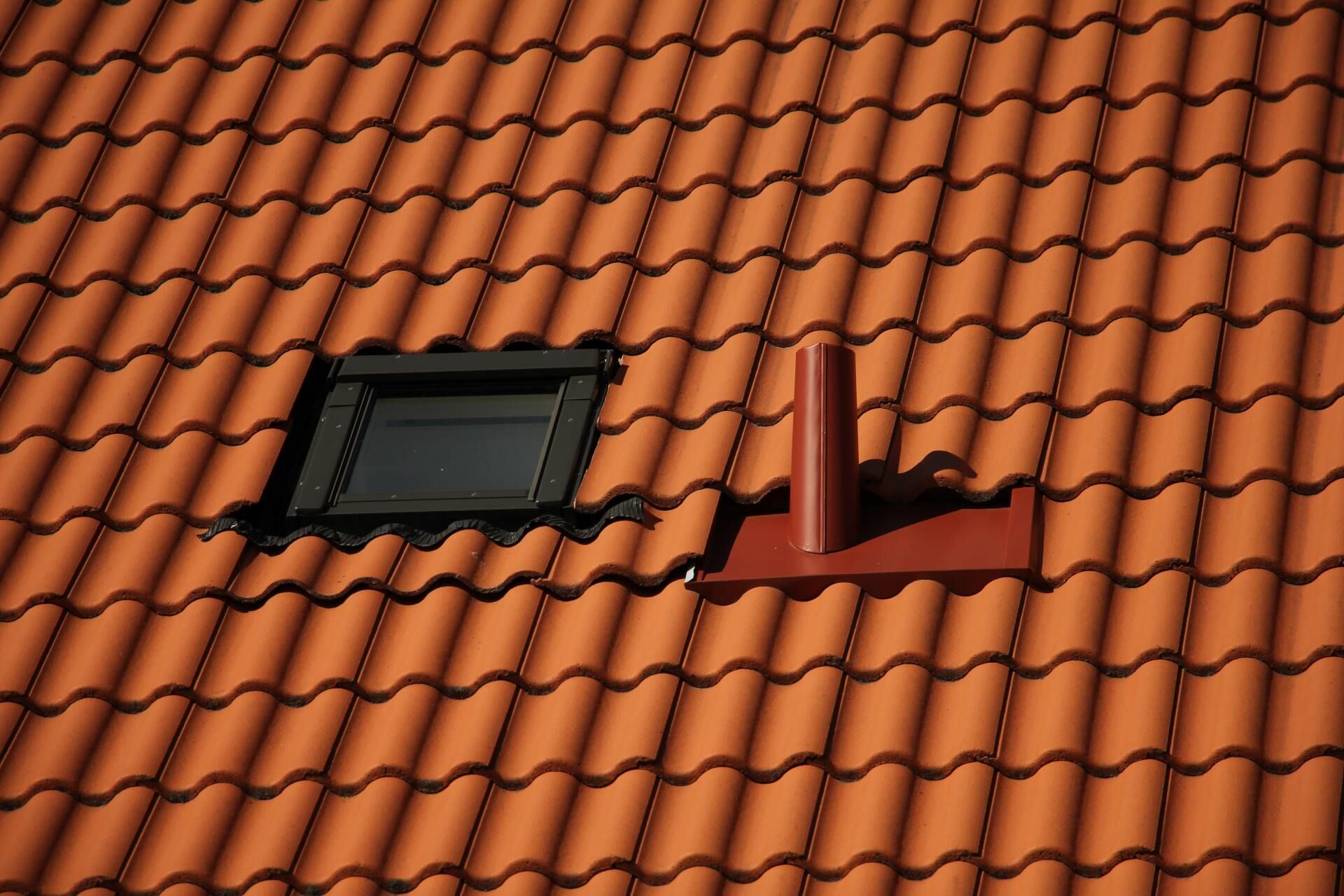Flying Smart: What You Need to Know About Drone Rules and Regulations
The most important thing about drone rules is ensuring safety and legal compliance by following FAA regulations and respecting airspace, privacy, and local laws.

Understanding the Basics
Drones offer endless creative and commercial opportunities, but you must follow FAA regulations to fly
legally and safely. Whether you're a hobbyist or pro, knowing the rules is essential.
Licensing and Limits
Commercial pilots need a Part 107 Certificate, while hobbyists flying drones over 250 grams must register them. Key rules include staying under 400 feet, keeping the drone in sight, and avoiding restricted areas.
Privacy and Local Laws
Respecting privacy is critical. Avoid flying over crowds or private property without permission. Local laws may add restrictions, so always check city or state rules in addition to FAA guidelines.
Stay Informed
Drone laws are evolving. Tools like LAANC help pilots request airspace access, and staying current keeps your flights safe, legal, and professional.

